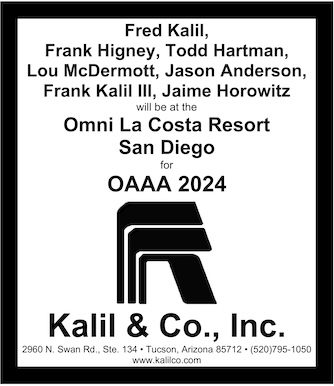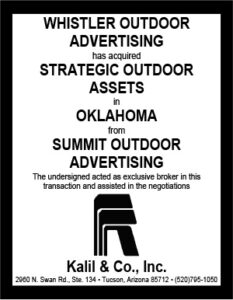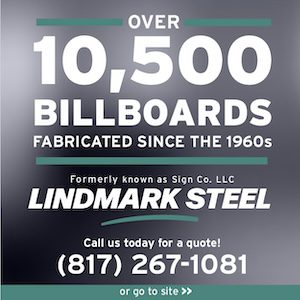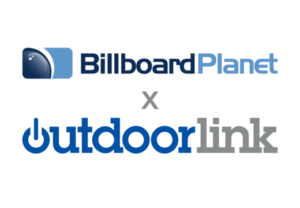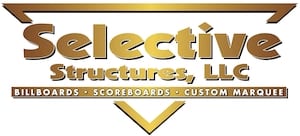
By Richard Rothfelder, Partner, Rothfelder & Falick
Facebook, Instagram, Twitter, and other social media platforms have certainly been in the news a lot lately, with most of it unfavorable. And, much of the criticism of social media has been centered around its content, whether alleged censorship of messages from former President Trump and right wing conspiracy theorists; or conversely, as the Facebook Whistleblower recently alleged before a Congressional investigation committee, insufficient scrutiny of messaging about adolescent girl body images and shaming.
In addition to this attention at the federal level, a couple states have also recently passed legislation regulating the content of social media providers. For example, the Texas Legislature passed into law on September 9th House Bill 20, which prohibits social media companies from banning or suspending users based on their viewpoint. Texas Governor Greg Abbott, an ardent Trump supporter, said after signing the bill that “it is now law that conservative viewpoints in Texas cannot be banned on social media.” Florida had previously passed a similar law in that state.
Lawsuits have been filed contesting both state laws. In the cases, the social media companies argue that, while the Constitution prohibits federal and state governments from violating Free Speech, the First Amendment does not apply to private companies and individuals. Thus, Facebook and its competitors contend they may display, or choose not to display, content on their platforms without undue governmental interference. Both lawsuits remain pending at the briefing stage, but more litigation is expected as additional states pass similar laws.
It’s not a particularly difficult stretch to imagine the potential application of these laws on social media content to the billboard industry. In 2015, the Supreme Court in Reed vs Gilbert held it was a violation of the First Amendment for a municipality to regulate signage based on the content of the message displayed on the sign. In that case, the Town of Gilbert imposed more stringent regulations on signs advertising the weekend religious services of Pastor Reed. Since then, state and federal courts across the country have held the on-premise/off-premise distinction in most municipal sign codes and state highway beautification acts to violate Free Speech as well. The Supreme Court is currently considering a similar challenge by Reagan Outdoor to the preference afforded to on-premise digital signs, while prohibiting digitalization for off-premise, under the Austin Sign Code.
The common thread throughout all of these laws and litigation is the government’s attempt to regulate the content of the speech, whether that regulated message appears on a social media platform or on a billboard. The Supreme Court in Reagan vs Austin will undoubtedly help define the government’s proper role under the First Amendment, at least as to traditional sign regulations. However, as government stretches the limits of the Free Speech Clause to social media and other platforms, it’s a very slippery slope before they are applied to the billboard industry as well.
[wpforms id=”9787″]
Paid Advertisement
